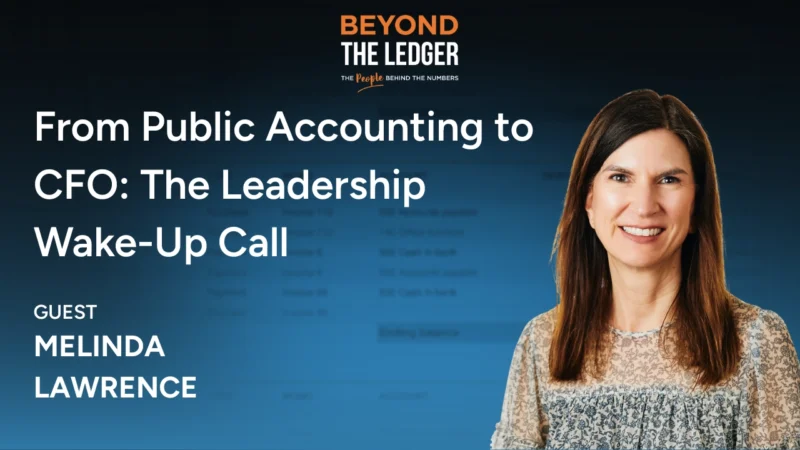First-Time CEO? Here’s How You Can Manage Your Stakeholders
You’ve got a great idea — but how do you turn it into a winning business? On this podcast, Luke Fox and Jef Graham will show you how to be a successful startup CEO offering insights for first-time company leaders surrounding products, personal leadership, people management, key metrics, and more. It’s time to get to work.
A startup CEO must juggle many responsibilities, including managing stakeholders and defining organizational structure. In this episode of The Startup CEO, host Luke Fox discussed these topics with Jef Graham, a four-time startup CEO.
Graham first noted who the stakeholders are, outside of employees. “We’re talking about different entities that have an interest in the success of the company—investor partners, board members, customers, channel partners, and others.”
“Plan for six meetings a year and use them to discuss milestones. You, as the CEO, can create the agenda but get agreement from all members.” -Jef Graham
Graham’s advice on investors included working with a top venture capitalist (VC) firm. “Subsequent fundraising will be easier with a well-known VC. Also, don’t fixate on valuation. Terms are more important.”
Graham also spoke about board members and meetings. “Plan for six meetings a year and use them to discuss milestones. You, as the CEO, can create the agenda but get agreement from all members.”
Graham also advised CEOS to be honest, disclose bad news, and be optimistic. “You keep your job by beating numbers and goals and keeping the board’s confidence, so avoid surprises.”
Regarding customers and channel partners, Graham noted that CEOs should develop trusted relationships and check in with them quarterly.
On organizational structures, Graham said, “You’re starting with engineers. Then hire admin help but outsource everything else. Only when you prove the concept and start selling should you begin to build out the structure.”
Additionally, in cultivating a team, Graham recommended having clear job responsibilities. “These are often vague. Define who owns what, as you’re the orchestrator of the team.”
Follow us on social media for the latest updates in B2B!
Twitter – @MarketScale
Facebook – facebook.com/marketscale
LinkedIn – linkedin.com/company/marketscale








